Green Policy how SPES Histfenc supports the environment as a company
Green Policy: how SPES Histfenc supports the environment as a company?
In the world of great politics, ecology has been extremely popular in the recent time. Starting with climate pacts, through global warming (or cooling), ending with teenagers’ speeches on the UN forum. However, we do not perceive these topics as having direct postponement on what each of us could do for their environment. Because what has an actual influence on the environment is coming from ourselves.
The history of humankind and its development relies on “organizing” its surroundings; implementing rules which are good for us, but not necessarily for the environment. Still, the rate of urbanization rises all the time. Result? Numerous species of plants and animals (those which still remain alive) start to disappear. Part of them are dying out, part already extinct. Partially because of changes in farming, this is to say huge monocultures and overexploitation.
That’s why it’s so important to make changes starting from ourselves, ignoring the global concerns and international politics. Each of us is capable of managing their resources in a rational way. Sometimes you just have to ask yourself one question: am I able to do something better? Can I improve the processes I’m taking part in? Can I manage my resources in a more effective way (including, of course, the natural supplies)? Just to decrease my impact on the environment as much as possible.
And if so, am I wasting food? Am I buying one-season clothing? Am I segregating my garbage? Am I turning off the light when I don’t need it? Am I buying only the necessary stuff?
Have you heard of a permaculture?
I’m sorry for the lengthy introduction, but these issues are extremely important for us. Everyday at Histfenc we ask ourselves, is there anything more we can do? Often, the best answers are the simplest solutions. These are the rules of permaculture. It is a movement started by Bill Mollison. Originally, it referred only to farming: Permanent Agriculture. Later, this term developed into Permanent Culture, combining many other human activities.
Permaculture is based on ecologic design of the environment, to create a well-balanced architecture between people and farming, founded on recreating the observed processes in nature. Main ethical rules of the permaculture are:
1. Care of the Earth
2. Care of People
3. Return of surplus to Earth and people (also called “Fair Share”)
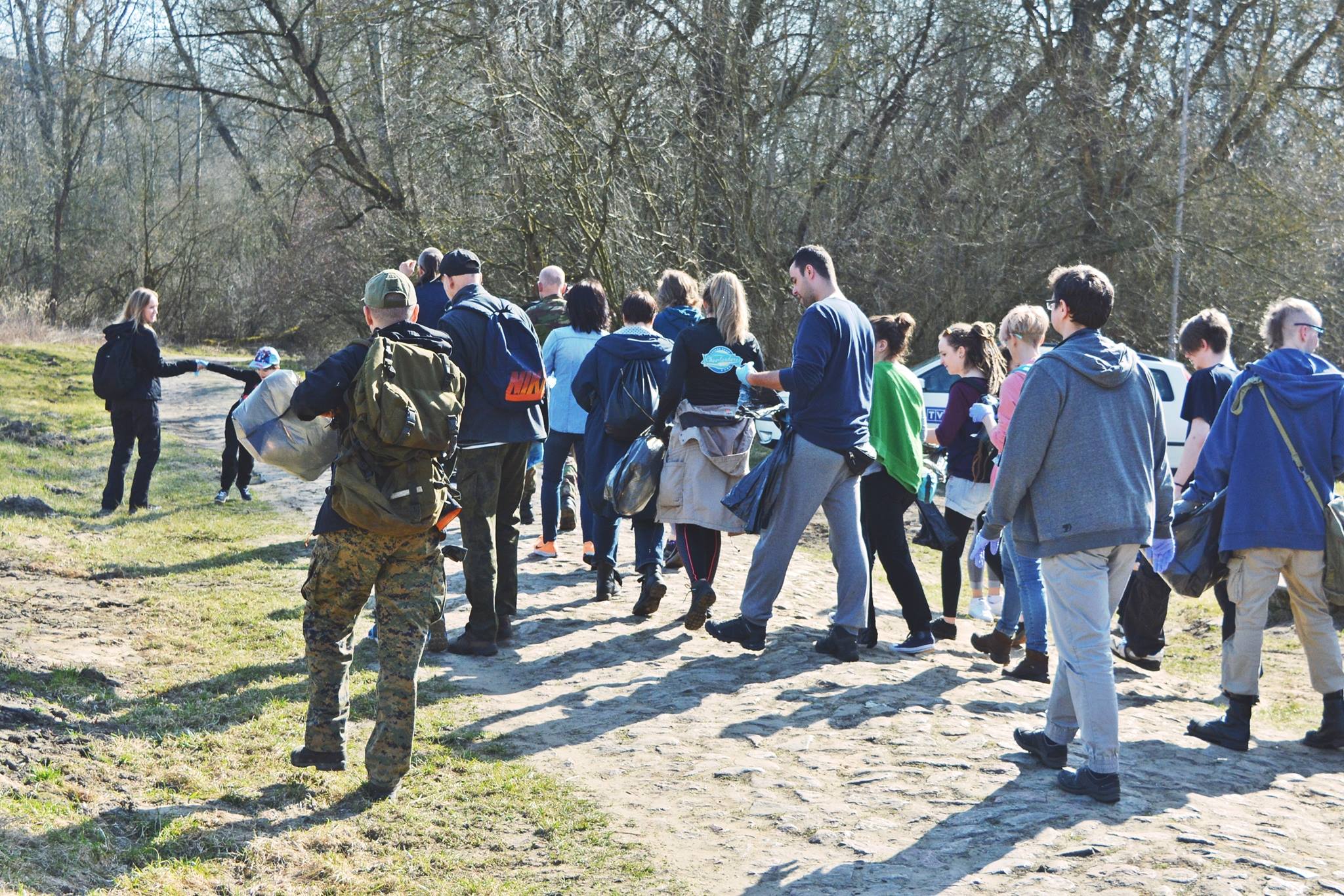
And despite the idea originally focused on farming, currently more and more often it applies to other aspects of our lives, and how we manage our lifespace, do we run a company, etc. Permaculture is currently also a matter of how we gain energy and how we use it, do we segregate our garbage, do we recycle etc. According to permaculture, waste can be something which can be used again.
Permarules – what our green policy is based on
Permaculture is also an attitude towards the environment. In particular, these are the questions we’ve asked earlier, but also searching for solutions based on a permanent, balanced matter circulation in the environment, and implementing these solutions. The rules are sufficiently universal and clear to use in business. At SPES Histfenc, for example, we use them this way:
Care of the Earth – by upgrading the production processes and lowering the amount of waste. We convert anything we can into ready products. We do this via recycling and upcycling, giving the waste a higher value. We are close to less waste philosophy, but the perfect solution would be implementing zero waste principles, to recycle each product an infinite amount of times. Unfortunately, in our business it will be impossible in the near future – but we are striving to do it all the time!
Care of People – our customers, co-workers and subcontractors. We provide the best possible service, consulting, and warranty on our goods, to give them the highest lifespan. We take care of proper wage conditions, work conditions, and comfort. We are flexible. We are looking for solutions easier for our workers, at the same time providing the highest quality of products.
Fair Share – by supporting groups and events, developing our society, giving our goods for charities. We support schools, individuals and HEMA organizations in various ways. Our help in last years was largely aimed at Polish foundations taking care of historical sites, but also supporting the activities sharing the knowledge and former traditions connected with fencing.

What do we currently do to make things better? Green policy of SPES Histfenc
Now, let’s explain the matter of our green policy a little further. How do we reduce our influence on the environment in practice?
1.We try to produce less waste and use the largest possible surface of fabrics. This is why we introduce new products cut out from the rest of our materials, not enough for the regular production. First of these products is the Do HEMA Together waist bag. In the upcoming year we’ll introduce new products. Stay tuned – it will be training equipment ?
2.We segregate the fabric waste which qualifies for recycling.
3.We change the process of production into the model using less resources.
4.We use energy-saving sewing machines.
5.We are in the middle of relocation to a new headquarter, designed to help us save electricity and lower the costs of heating. As we’ll be at one place now, the costs of gasoline will also be lower.
6.We are building and implementing a new technology line, lowering the use of materials and mistakes in production. It will give even better quality of our goods and reduce the number of complaints, and in the result – shipping.
7.Some of our packages are shipped in “second-hand” carton boxes. If you’ll receive a box like this, please remember we do this to avoid unnecessary shopping and use what we already have.
8.We have launched a Sale section where you can get non-standard products, like prototypes or customs. We can see you like this idea and we are very happy about it.
9.Our products are designed to be used for many years, not only one season.
10.We prefer a local production, using resources available at hand, to avoid unnecessary shipping and shortening the distance of the supply chain.
11.People connected with our company also take pro-eco actions. We take part in various world cleaning actions.We share the information about our values, eco-issues and balanced lifestyle.
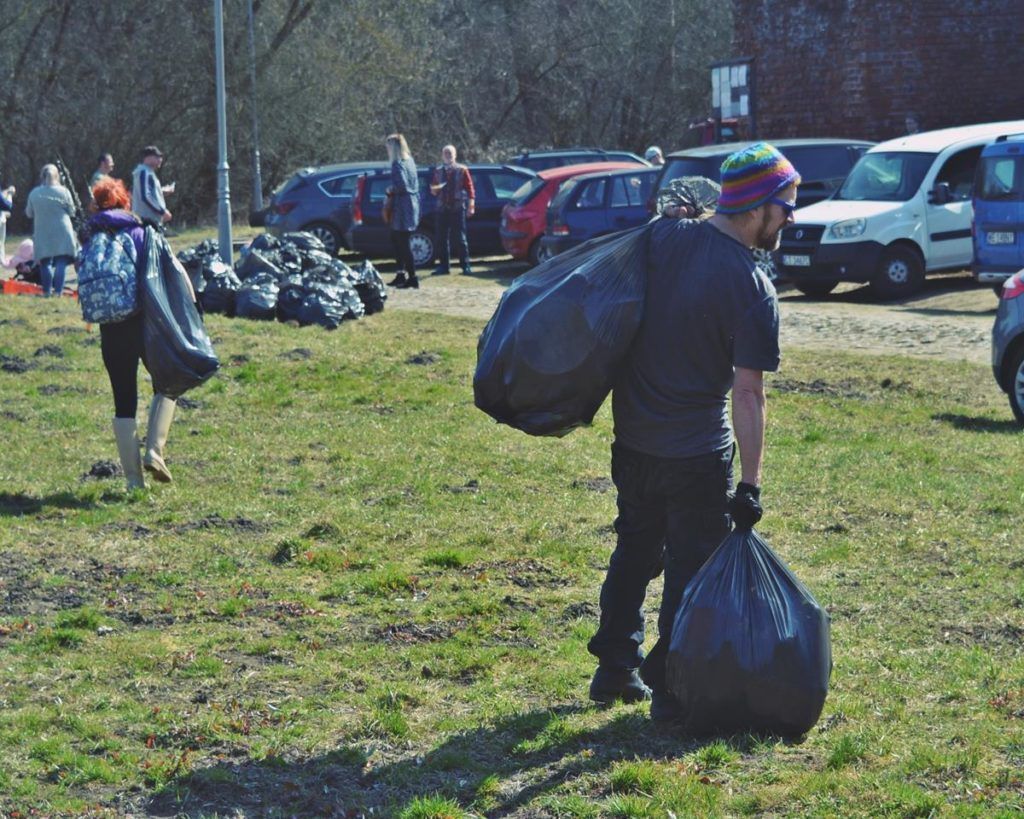
Eco-policy – plans for the future
We constantly work on optimizing production processes. We do our best to reduce the amount of waste, usage of electricity and heat, and lower the costs of transport. New equipment is produced with lower harm for the environment. We are working on upgrading the protective gear to increase its lifespan, be safer and more durable, but also easier in repairing and conservation.
In a span of 5 years, we plan to reduce the waste by 50%.
To achieve this, we monitor the flowing of garbage and resources, looking for options of reducing the usage of plastic and cardboard. We aim at reusing the waste and changing it into fully functional products. Inspired by the zero waste movement, we try to use the resources, products and waste in full cycles.
These are some of the more important and most visible changes for the future. Some more are in plans, others are sprouting. The most essential is awareness that all of us, as a company or individual, can (and should!) take actions for the environment. Let’s be honest – we are still far from perfection. But we must admit that our business activity, because of its character, somehow is part of the “traditional” lifestyle, closer to nature from hundreds of years, and definitely closer than corporations mentioned.
Maybe this article will inspire you to make some changes. Or maybe you have already done some?
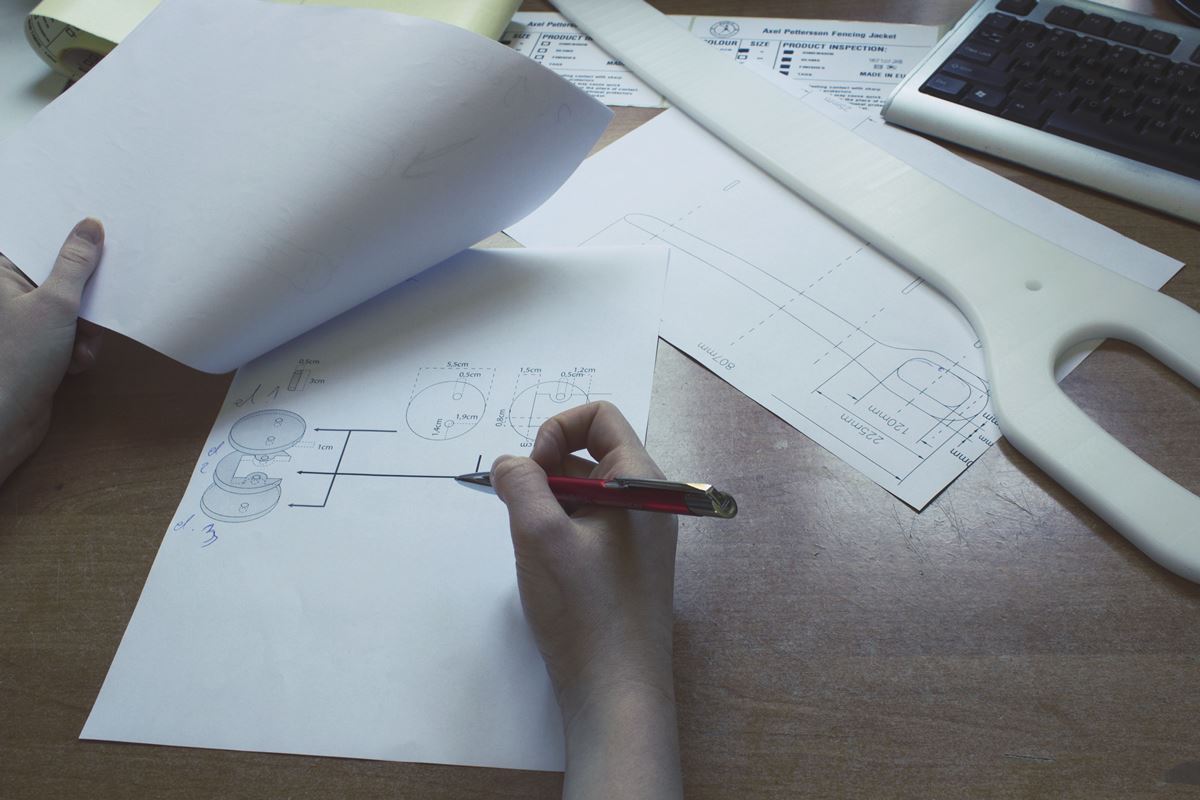

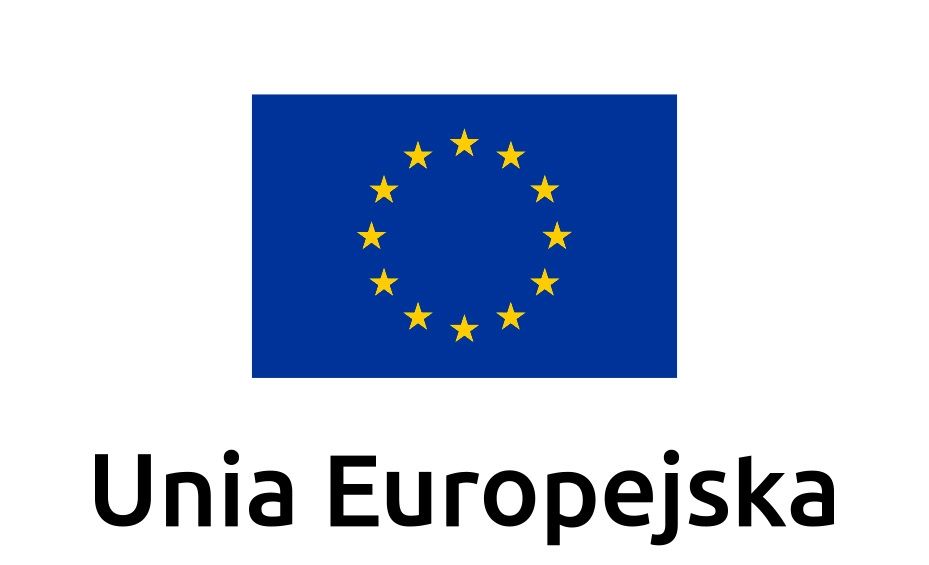
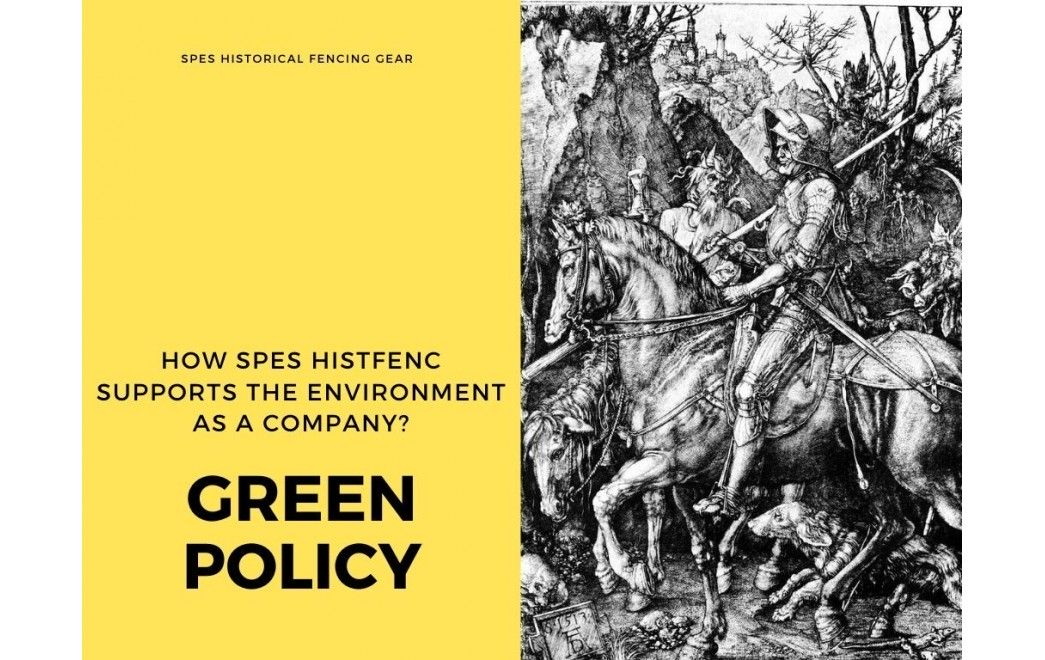
Leave a Reply Cancel Reply